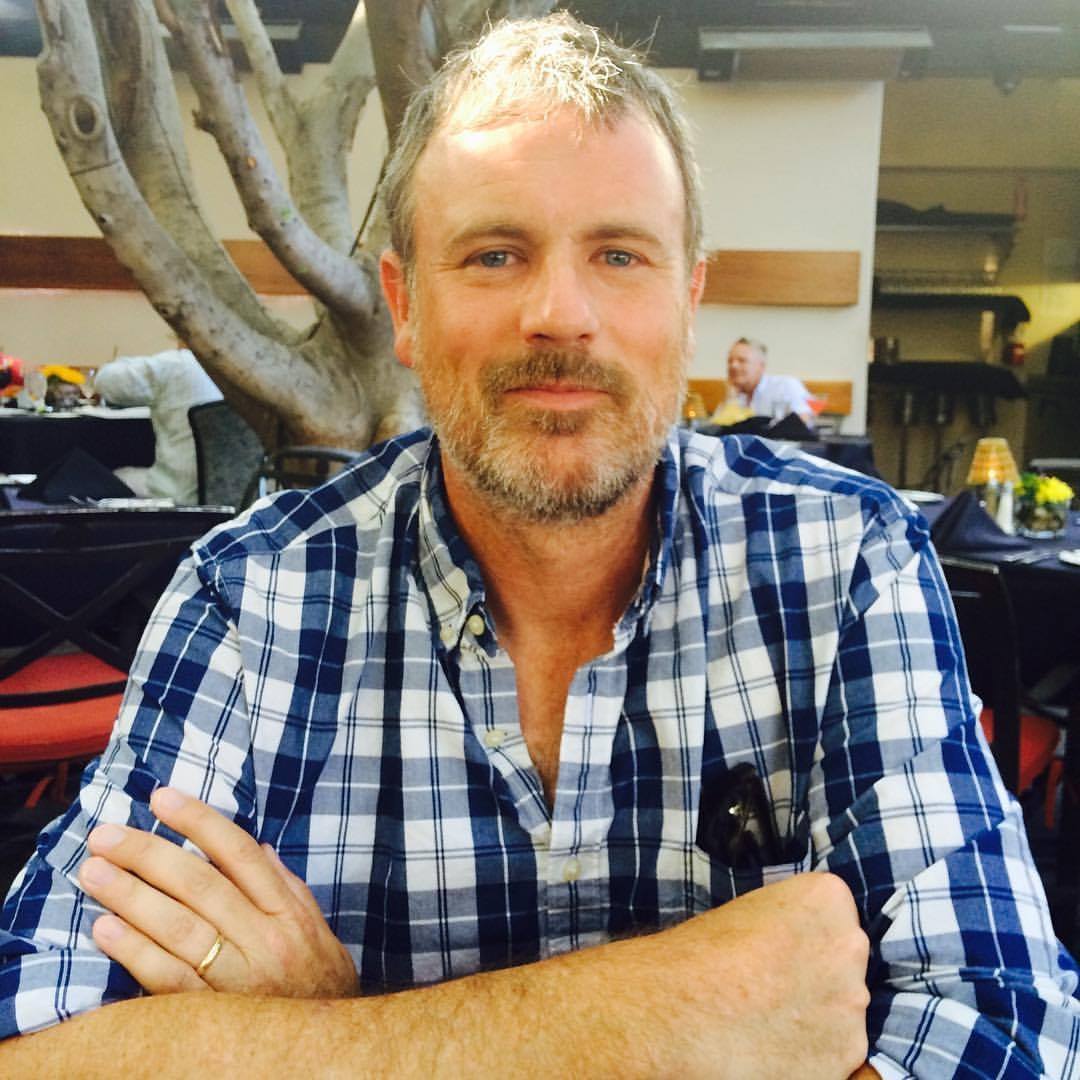Photo by Jack GouldKatherine Smith was five minutes into defending her controversial Stand in Respect (SIR) program at a recent Anaheim school board meeting when audience members started making faces at her. SIR calls for every student in Anaheim to address teachers as “sir” or “madam” and to stand to attention, military-style, whenever an adult enters the classroom.
When the funny faces began, Smith suddenly stopped talking. She froze, her mouth slightly open, hands folded in front of her. She stayed that way for 20 very weird seconds. Many in the crowd—and even some of her fellow board members—gasped, apparently worried that Smith might be having a seizure. And then she started talking again, picking up where she had left off as if nothing had happened.
In a Feb. 6 interview, Smith claimed she was simply practicing what she preaches, teaching her hecklers manners by waiting until they were finished “acting like absolute jerks, making faces, talking and laughing. I do that with a sixth-grade class,” she added. “If they can't behave, I just stop the class.”
Smith has drawn national headlines with SIR but has alienated many parents and Latino activists in Anaheim with her nostalgia for a long-gone America. “In this country, there is a generation that came after me—I grew up during the war—that doesn't realize how things used to be when this country was a caring, civilized country,” she has said.
Her critics say she represents an outdated America, an era of small-town values and small minds that has little relevance in the multicultural, working-class barrios of 21st-century Anaheim.
“She seems to have good intentions, but I don't entirely agree with her views,” said Anaheim activist Josie Montoya. “She wants to turn the clock back, but those days are gone and over.”
“My perspective of where I'm coming from at 60 years old is that I grew up a latchkey child in a very small community,” Smith recalled. “Over the years, I have seen this country change since the 1960s. During the war, my father would never pass a hitchhiker without picking him up. If you did that today, you'd be recommended for a mental exam.”
Smith, who grew up in a small town in northern California, insists on the universal relevance of Norman Rockwell's America, thus SIR.
“What I am trying to do is give those kids internal power,” she insisted. “I am just trying to compensate for the children that come to us without a backup system. I am focusing on the kids who don't have that backup.”
It's no coincidence that Smith uses the police term “backup” to describe her duties as an educator and self-appointed manners czar for Anaheim's mostly Latino junior high and high school students. You could say she's done one too many ride-alongs with the cops.
Indeed, that's where Smith says she realized the “true depth of the problem.”
One of Smith's most vivid memories involves an incident that took place late at night when Smith and two Anaheim cops were patrolling an alley. Out of nowhere, she says, a young man pointed his gun at the trio. It turned out the gun was fake. “Ithought it was amazing they didn't pull a gun and shoot him,” she recalled. “There were young children in the apartments nearby.”
She says such ride-alongs helped her realize that many students live in an environment characterized by violence and profoundly lacking in such values as self-respect and respect for others.
Smith's close relationship with law enforcement—”I am the only layperson in the county of Orange that has been allowed to attend the gang-investigators meeting,” she brags—may have steered her to become a famous agitator for better manners. But it also helped turn her into a strident opponent of the U.S.'s war on drugs. Smith picked up the battle for what she calls “the reform of drug laws” several years ago and remains firmly —and eloquently—committed to the cause.
“I have spent the past 20 years of my life on this drug issue,” she said. “Now we have 2 million people warehoused in our prisons—the vast [majority] for drug-related crimes. I don't care about what happens to people who commit violent acts, but I feel very strongly about people who are in jail just because they are sick. Robert Downey Jr. is a sick young man. I think it's genetic.”
Over the past several years, Smith says, she has seen too many “good kids” expelled for such nonviolent crimes as minor drug possession. “Zero tolerance: if you have an aspirin, that's considered a drug,” she observed. So while Smith still thinks any student who is violent or vandalizes school property is fair game for expulsion, she now believes that “kids who don't hurt anyone but themselves” deserve a second chance.
“We have to get these zero-tolerance laws changed,” she said. “We have to win back local control. If it's a bad kid, we don't want them around our students. But if you have a child with no deportment problems and good grades and who once does something really dumb, that is not a bad kid. Those are the kids you need to hang on to.”

Award-winning investigative journalist Nick Schou is Editor of OC Weekly. He is the author of Kill the Messenger: How the CIA’s Crack Cocaine Controversy Destroyed Journalist Gary Webb (Nation Books 2006), which provided the basis for the 2014 Focus Features release starring Jeremy Renner and the L.A. Times-bestseller Orange Sunshine: The Brotherhood of Eternal Love’s Quest to bring Peace, Love and Acid to the World, (Thomas Dunne 2009). He is also the author of The Weed Runners (2013) and Spooked: How the CIA Manipulates the Media and Hoodwinks Hollywood (2016).

